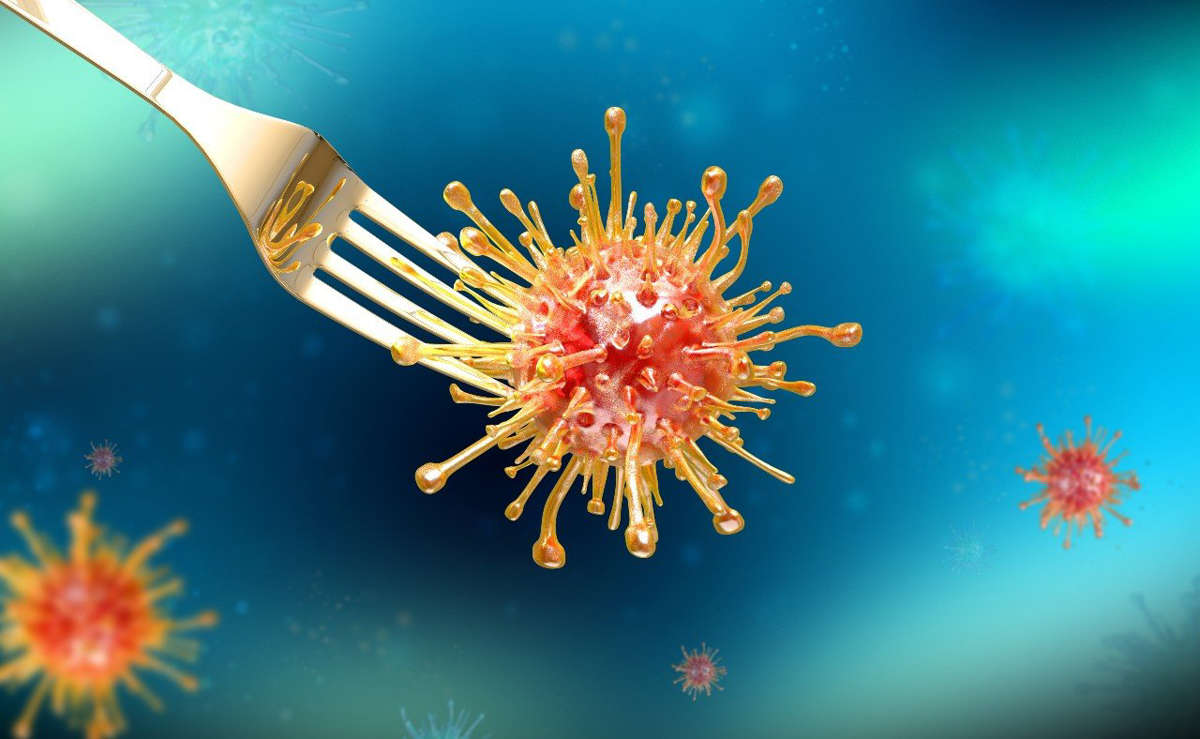The time you eat can be decisive for your risk of getting food poisoning. A team of researchers behind a new study published in the scientific journal Cell has just demonstrated that the effectiveness of our immune system varies over the course of a day.
“Our immune system is not permanently activated,” says John F. Brooks II, Ph.D., professor of immunology and microbiology at UTSW and leader of a new study published in the scientific journal Cell. There are times when the body is more prepared to fight infections.”
This scientific study demonstrated that the body’s ability to combat food poisoning depended on the time at which the meal was ingested. If immunity is optimal, the body produces an antimicrobial compound when exposed to harmful bacteria. The immune response then helps protect you against possible poisoning if contaminated food is ingested. However, it turns out that at certain times, the body would not be able to produce this antimicrobial. Immunity is, in fact, not as effective at all hours of the day. Explanations.
Immunity would be less effective at night
In case of food poisoning, pathogens attack our organism, as at a castle, whose gastric acidity would represent the moat and immune defenses, the ramparts. Pathogens have two ways to do damage. The latter can penetrate and multiply in the cells of the digestive tract: we speak of an invasion. But some of them, such as entero-hemorrhagic Escherichia coli, secrete a toxin that will spread in the body from the digestive tract. The latter can attack the cells of blood vessels and lead to serious consequences following damage to the kidney or even the brain.
The researchers assumed that antibacterial immunity could change in the intestines according to the circadian rhythm. It is the internal clock of a human body taking the form of a 24-hour cycle and governed by certain physiological processes such as sleep and diet.
To prove this theory, researchers analyzed the ability of mice to fight foodborne diseases based on the circadian cycle.
“These results make me think twice before looting the refrigerator at night”
Researchers deliberately infected mice with bacteria. It turned out that animals with higher bacterial loads and mortality rates were those that were exposed to bacteria after the sun went down.
On the contrary, mice exposed to the bacterium at sunrise would have struggled better with infection.
“These results make me think twice before waking up in the middle of the night and looting the refrigerator,” summarizes one of the authors of the study. It seems more dangerous to eat a potato salad loaded with bacteria when your intestinal defenses are at their lowest [that is to say, once the sun goes down, ed]”.
Don’t miss interesting posts on Famousbio










